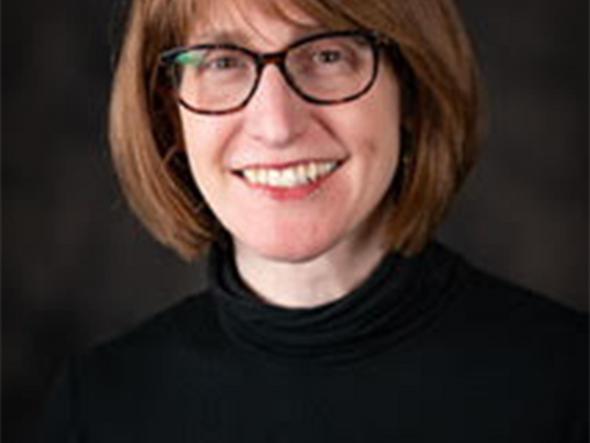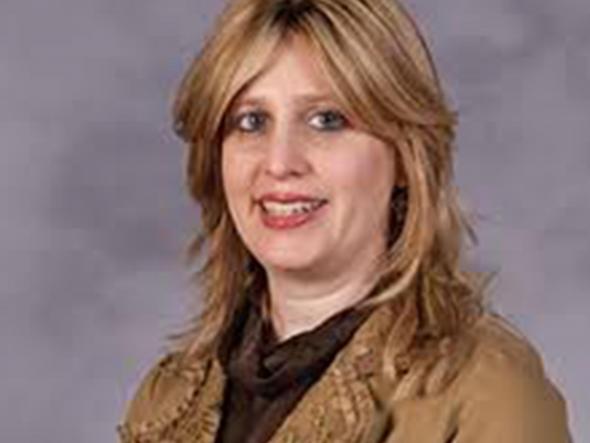Advisory Program Advice and Insight
Research has substantiated what the administration at Yavneh Academy knew 14 years ago when they hired me to design a social-emotional curriculum - unheard of at that time - truly groundbreaking... that EQ may be more important than IQ in succeeding in life. Research on SEL in schools indicated children in schools with social-emotional learning as part of their curriculum showed improved achievement scores, and many improved their grade point averages. Incidents of misbehavior and disciplinary action went down as well. Research indicates that skills like self-restraint, persistence, and self-awareness are better indicators of success in life than academic performance. Children with strong social-emotional skills are more successful in their careers and marriages, face less mental illness, and may even be physically healthier.
Educators and parents may worry, “If we take the time to implement SEL we take away from academic learning time.” No worries there! SEL has been found to have a tremendous positive impact on academic achievement and learning. When children are anxious or distressed, they are not available to learn. As psychologist David Caruso, the author of the Caruso Emotional Intelligence Test asserted, “It is very important to understand that emotional intelligence is not the opposite of intelligence, it is not the triumph of heart over head; it is the unique intersection of both.” The SEL vision is not at all contrary to the academic and cognitive vision of growth we have for our children. They work in tandem.
The unique component regarding the SEL, implemented in my school and as well as in other schools, is that it does not simply focus on prevention programs which tend to target a single issue. True social-emotional learning, is, as Jennifer Kahn says in her article “Can Social Emotional Intelligence Be Taught,” “...to instill a deep psychological intelligence that will help children regulate their emotions. Educators and parents have long assumed that a child’s ability to cope with such stresses is either innate — a matter of temperament — or else acquired ‘along the way,’ in the rough and tumble of ordinary interaction. But in practice, Brackett says, many children never develop those crucial skills. ‘It’s like saying that a child doesn’t need to study English because she talks with her parents at home,’ Brackett told me last spring. ’Emotional skills are the same. A teacher might say, ‘Calm down!’ — but how exactly do you calm down when you’re feeling anxious? Where do you learn the skills to manage those feelings?‘”
Our Advisory program in our middle school is a once a week social/emotional class, with weekly lesson plans designed for our students. The advisors each receive very specific lesson plans which lay out the entire lesson for them and guide them step by step. When beginning to design the curriculum much thought was put into the developmental needs of each particular grade. What are the issues that come through my office for that grade? I consulted with teachers and parents in focusing on topics. Parents, teachers, and students know that the curriculum is dynamic, and when an issue comes up we can incorporate it into Advisory. While the skills learned each year are targeted to the needs of that age group, we never lose sight of the fact that the skills are life skills- needed beyond school to raise resilient, successful and happy adults.
Our sixth grade curriculum focuses on skills that are needed in the transition to middle school. We call it “Do You Want To Succeed In Middle School? Here’s How…” Topics such as: Time management, organization, etiquette and appropriate behavior (especially at bar/bat mitzvahs, in interfacing with teachers, and when e-mailing), working in groups, friendship skills, conflict resolution, peer pressure, relationships with parents, body image, and harassment/safety.
The eighth grade curriculum is fondly called “Preparing for Life After Yavneh.” We cover topics they find extremely practical. In the first half of the year, they cover topics like: Goal Setting- learning, friendships, family, personal, religious. How to fill out an application? Expectations for high school- what can I gain? What can I become? What do I want? How to make important life decisions, and how to navigate that with their parents. They learn interview skills and test-taking strategies and how to cope with possible rejection. The 2nd half of the year is all about life in high school. They focus on pressures faced in high school- peer pressure, substance use (including alcohol and vaping), cheating, stress management and relationships with parents.
Our seventh grade was the trickier one as those who work with middle schoolers know that the seventh-grade students’ development is so varied and social-emotional learning needs buy-in. How could I design a curriculum that applied to all? The skills the sixth graders and eighth graders needed were more obvious to the students. I decided to make the seventh-grade curriculum more project-based. Each unit covered leads up to a project where the students can actualize what they have learned. We called their curriculum “Prepare Yourself To Change The World.” Topics like teamwork, communication skills, compromise, empathy, coping with adversity in life- resiliency, upbeat thinking and self-talk., the bystander’s role to stand up to injustice, body image, anger management, social exclusion and cliques, gambling and foul language.
The selection of teachers for Advisory is a key component of the program’s success. Advisors need to be able to balance the fine line of being open and connected to the students, with maintaining decorum in a once a week class. We want the students to take this class seriously and they understand that it’s not just a “schmoozing” class, but a class with directed activities, discussion points and clear goals for each lesson. Each lesson plan, in fact, does have a goal clearly stated in the lesson plan to ensure we are keeping our eyes on the goal. Whether there is a trigger film, an activity, an article or a current event shared with the students it is obvious to them that this is a structured plan for skills they need to learn.
We want our students to know that social-emotional learning is a serious business, and we take their social-emotional lives seriously, as we want them to do so as well. When they graduate, and they do an exit survey sharing their experiences at Yavneh, (which they do in Advisory), they tell us that they got that message and hopefully have gained skills that will stay with them way beyond the walls of Yavneh.




